Dr. Kildare Goes Home

Brief Synopsis
Cast & Crew
Harold S. Bucquet
Lew Ayres
Lionel Barrymore
Laraine Day
Samuel S. Hinds
Gene Lockhart
Film Details
Technical Specs

Synopsis
Following the completion of his internship and his appointment to staff physician under his mentor, the eminent physician Dr. Leonard Gillespie, young doctor James Kildare returns home to Parkersville for a visit. There he discovers that his father Stephen, a smalltown physician, is in failing health due to the strain of attending to more patients than he can handle. Torn between pursuing his own career and saving his father's life by becoming his assistant, Dr. Kildare conceives of the idea of establishing a community clinic where, at a cost of ten-cents-per-week, patients can avail themselves of medical services offered by three young doctors who have agreed to join him in the project. Though Gillespie is reluctant to let go of his best pupil, he helps Dr. Kildare by procuring some basic medical supplies from his hospital and donating them to the Parkersville clinic. After leaving behind both his promising big-city career and his sweetheart, Mary Lamont, Dr. Kildare starts the clinic. He soon finds his plan jeapordized, however, by the ignorance and prejudice of the townspeople, who oppose the clinic system of medicine. At odds with the entire community, the clinic faces closure, but just as the townspeople are about to vote on the future of Dr. Kildare's enterprise, it is learned that local resident George Winslow has contracted meningitis from a nearby lake. Certain that the people of Parkersville will vote the clinic out, Dr. Kildare elopes with Mary, but does not get very far before he is called back to attend to George, who has become gravely ill. Using his expertise, Dr. Kildare saves George and wins over the townspeople, who come to realize the value of a clinic and unanimously agree to keep it running. With the clinic firmly established in the community, Stephen is able to take a long, deserved rest, while his son returns to New York to be with Mary and take his post with Dr. Gillespie.

Director

Harold S. Bucquet
Cast

Lew Ayres
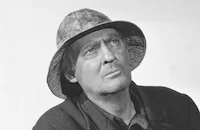
Lionel Barrymore

Laraine Day
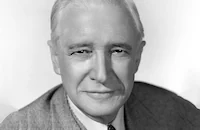
Samuel S. Hinds

Gene Lockhart
John Shelton
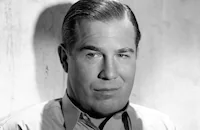
Nat Pendleton
Emma Dunn
Alma Kruger

Walter Kingsford
Nell Craig
Cliff Danielson

Henry Wadsworth
Tom Collins
George H. Reed
Donald Briggs

Leona Maricle
Archie Twitchell
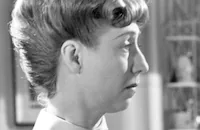
Marie Blake
Charles Trowbridge
Erville Alderson
Ken Christy
Horace Macmahon
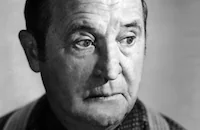
Frank Orth
Jack Carr
Barbara Bedford
Jane Drummond
Kay Vallon

Arthur O'connell
Mary Cecil
Arthur Aylsworth
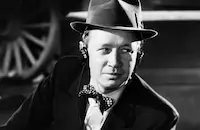
Eddie Acuff
George Chandler
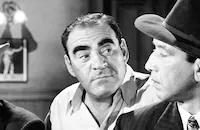
Ralph Dunn
Milton Parsons
Ferris Taylor
Bob Ingersoll

Claire Mcdowell

Mary Maclaren
Ruth Robinson
Crew
Max Brand
Jerry Bresler
Cedric Gibbons
Willis Goldbeck
Willis Goldbeck
Eddie Imazu
Howard O'neill
Harold Rosson
Sandy Roth
Harry Ruskin
Douglas Shearer
David Snell
Walter Strohm
Dolly Tree
Edwin B. Willis

Film Details
Technical Specs

Articles
Dr. Kildare Goes Home -
By Violet LeVoit

Dr. Kildare Goes Home -
Quotes
Trivia
Notes
This film was the fourth in M-G-M's Dr. Kildare series. For more information on the Dr. Kildare series see entry for Young Dr. Kildare below.















